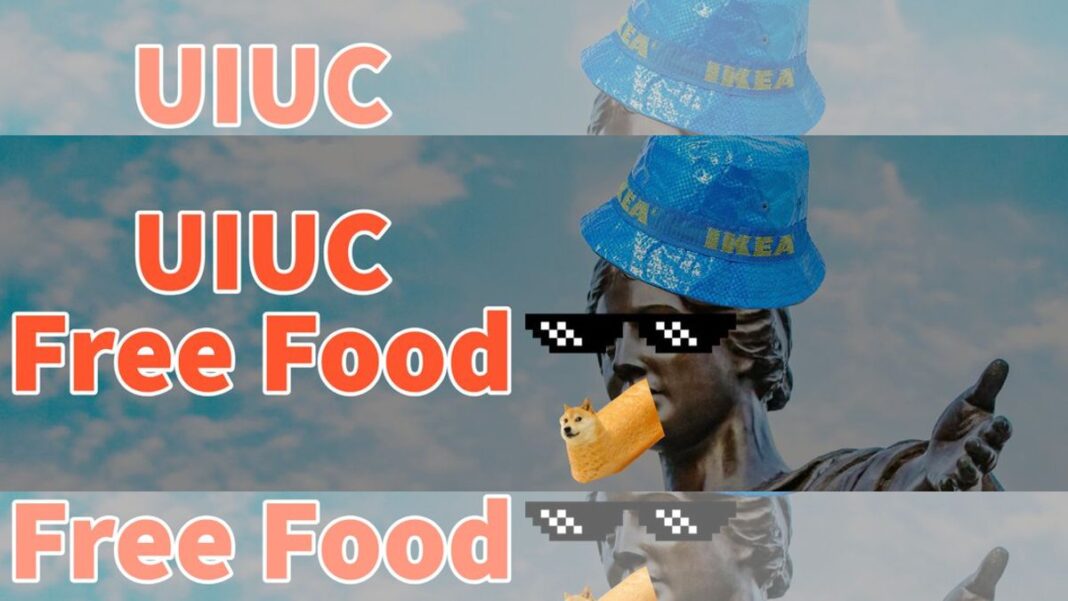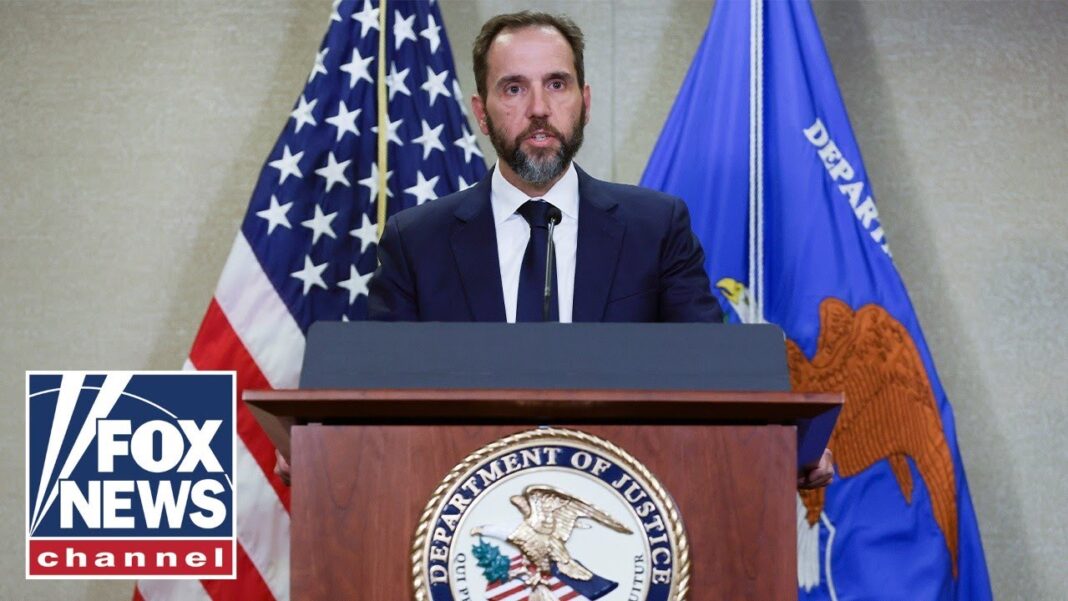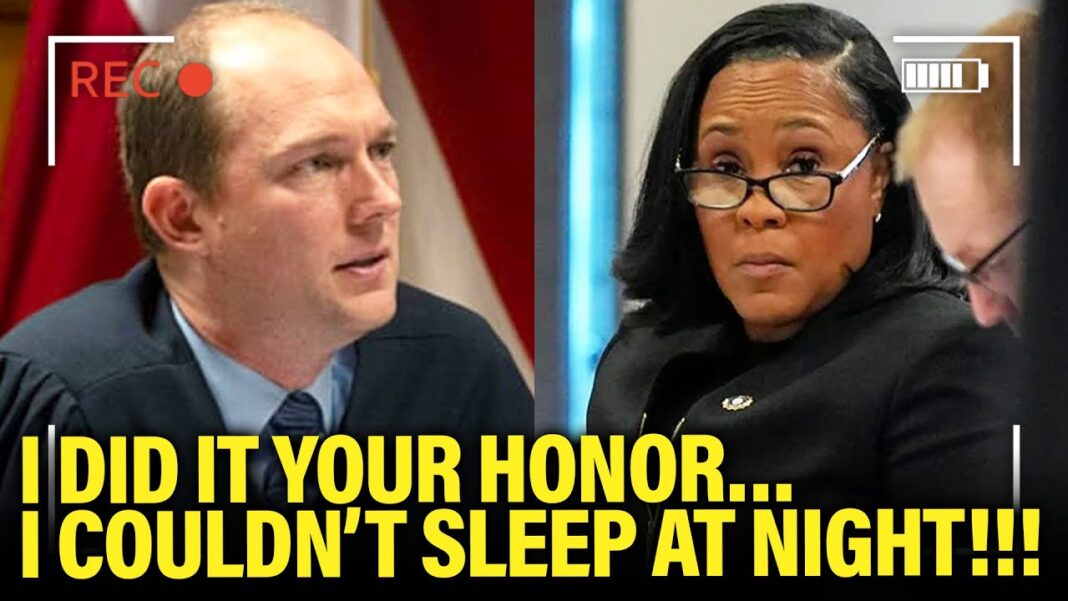X Corp. is helping an American college student.
Elon Musk’s company is intervening for a college student in trouble for posts he made on Twitter, in what is believed to be the first time Mr. Musk has made good on his promise to support people being punished over their speech.
X Corp. is supporting a University of Illinois student after the school launched disciplinary proceedings against him over statements he made on Twitter, now known as X, according to letters reviewed by The Epoch Times.
Juan David Campolargo, the student, was preliminarily found in violation of the university’s student code of conduct, which bars “inciting, aiding, or encouraging others to engage in a behavior which violates the student code,” according to the student’s lawyers.
Mr. Campolargo also violated the part of the code that prohibits theft of services or possession of stolen property, the school determined.
Mr. Campolargo was charged over posts he made with an X account that provided students with information on events that offered free food, lawyers with Schaerr Jaffe wrote in the letters. In several posts, Mr. Campolargo advertised a closed conference, but he was not aware the event was closed, the lawyers said.
“It was not until nearly a month after Mr. Campolargo’s posts that he learned the dinner was apparently part of a closed conference. There was no evidence of any disturbance of the event or the dinner. Mr. Campolargo also went to the room where the dinner was offered, but arriving at 8:30 p.m., the conference had concluded and all attendees had already left. While the university catering staff was in the process of throwing away the remaining food, without any objection from the catering staff, Mr. Campolargo took some of the food for later,” the lawyers wrote to Robert Jones, the university’s chancellor.
“Two additional students showed up a few minutes later and were provided food with the staff’s consent. After that, the staff completed their take down and cleaned up by 9:00 p.m. In short, there was no ‘theft’ of food or other university property.”
They cited in part a federal ruling in 2013 that said a government actor “may not deny a benefit to a person on a basis that infringes his constitutionally protected … freedom of speech even if he has no entitlement to that benefit.”
Previous rulings have found that placing messages on T-shirts and passing out Valentine’s cards are protected by the First Amendment.









